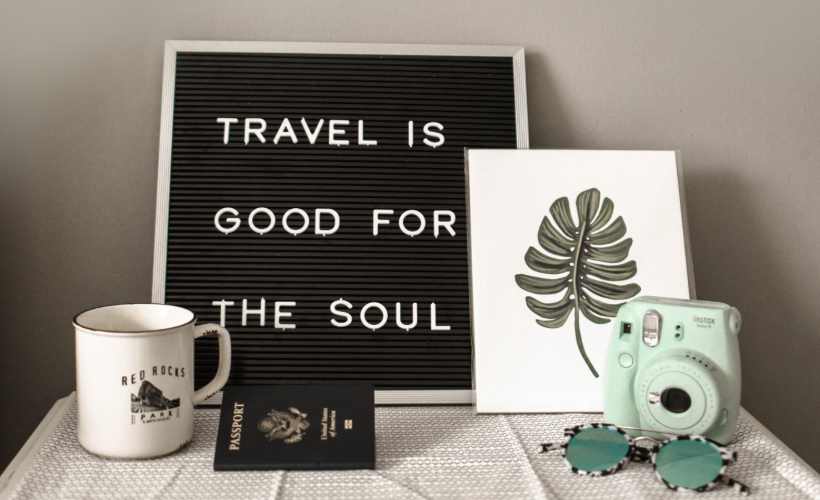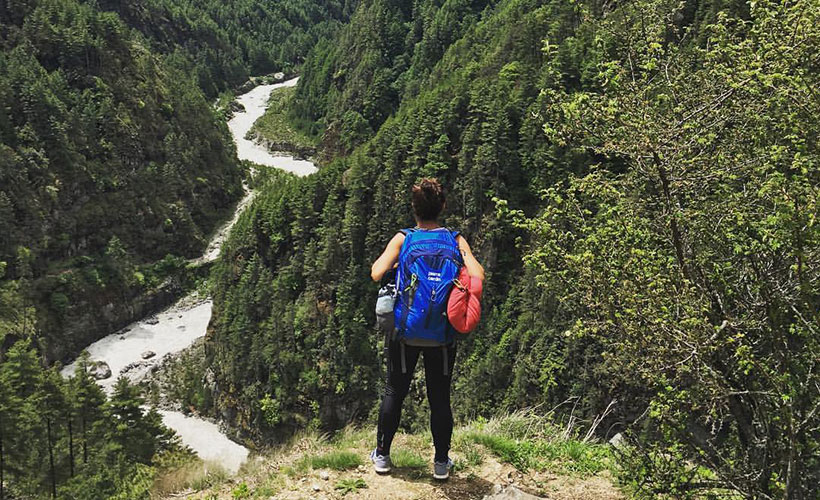
Recent research has proven beyond a reasonable doubt that one road to happiness is travelling. In 2016, the Happiness 360 Conference in partnership with the UN’s World Tourism Organisation established that the happiest people on earth travel more. Happiness, defined as subjective well-being, is a really big deal in most circles. But why so? Well, the answer is simple. The happier you are, the healthier you are. The healthier you are, the more creative and productive you can become.
So why is travelling so important for happiness? Experts agree it boils down to these factors:
1. Travelling is a great way to rewire your brain
According to neuroscientists, when we travel, we rewire our brains. This is because new experiences are the key to building new neural pathways in the brain. By rewiring your brain, you become more creative and accepting of new ideas.
2. It improves relationships
The happiest people are the ones with the strongest connections to others, be it family, friends, or the general community. One of the best ways to improve these relationships is by travelling together and experiencing new things together. You’ll find that it creates an opportunity to make some of the most important memories of your life, and this level of connection does wonders for relationships.

3. It builds connections
Through travel, you get to meet new people, people that you otherwise would never have met. Forming connections with new people and establishing friendships contributes to your overall happiness in life.
4. Experiences are more valuable than things
Studies have shown that we value our experiences more than any material possessions we may own. Spending money on a new experience is more important than buying something new because the experience stays with you forever. You can always take it with you wherever you go. This is why when people are reminded of a good experience, they instantly become much happier. As we age, this phenomenon only increases. Our overall satisfaction with experiences increases while the joy and satisfaction we get from buying new things reduces.
5. Memories play tricks on us
It is not uncommon to hear travel stories and imagine that they had an amazing experience with no downsides; even if it’s impossible to have only highs and no lows. This is because when we share stories, we downplay the bad parts and make the good parts seem even better.
The same happens when we remember a previous experience. You might have fallen sick on your trip, but will hardly remember that part in a few years. Instead, those memories will be replaced by the best parts of your holiday.

6. All experiences make good stories
The irony is that this is especially true for really bad experiences. For example, if you got stuck in an elevator with an old man and a raccoon dropped in from the ceiling and attacked you, then the old man knocked out the raccoon by punching it. While that would make for a horrifying thing to experience, it will definitely score some laughs if you told the story later on.
Or take another example, such as going on a camping trip or rock climbing. Just take your camping gear and hit the road. Spending quality time with friends or family, enjoying long nights of talks and laughter by a fire, or even having a picnic at a public park will definitely remain etched in your memories for a long time. All travelling stories are great opportunities to share our experiences with others, which only builds even stronger connections.
7. It’s hard to compare vacations
Comparing yourself to others is a major cause of dissatisfaction and unhappiness in this day and age. However, when it comes to travel, it’s hard to compare experiences. Whether you were satisfied with it is all that matters. Comparing material things (like the size of your TV) is straightforward and breeds more unhappiness.

Opinions of key scientists, researchers, and philosophers on how travel makes us happy:
1. Dr Stefan Klein is the author of The Science of Happiness. He believes that the pleasures of discovering new things, the joy that comes with meeting new people, and the thrill of eating new foods all come together to create a feeling of happiness in any traveller.
2. Professor A.C. Grayling, a philosopher, also agrees. He believes that travelling is the key to expanding the mind and spirit. He believes we educate ourselves by travelling and exposing ourselves to new ideas and people.
3. Lu Ping, a diplomat, says travelling refreshes his eyes and renews his spirit. He, however, admits that places where one encounters human misery, especially if it’s pointless, ends up making him unhappy.



